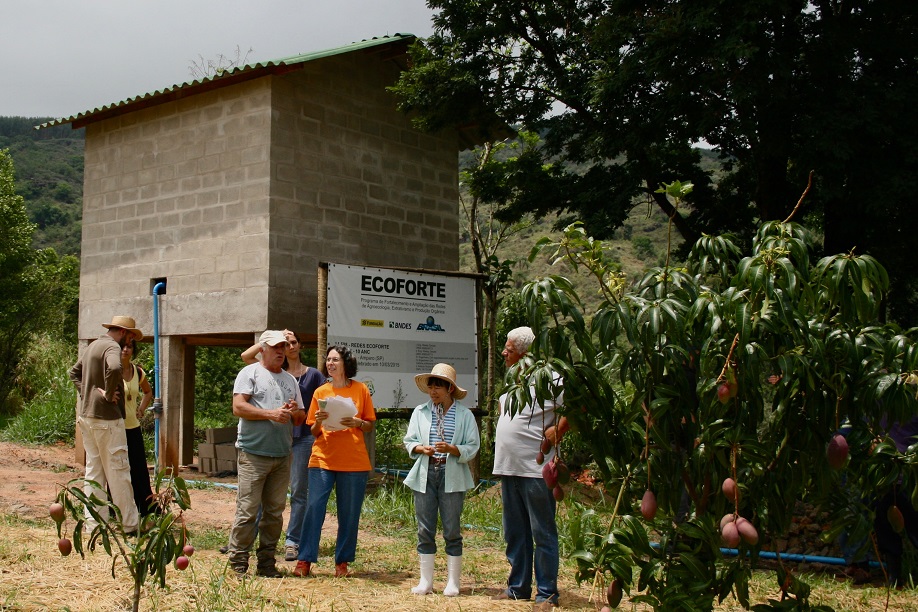

Responsible for the implementation of PNAPO are the Interministerial Chamber of Agroecology and Organic Production (CIAPO) and the National Commission of Agroecology and Organic Production (CNAPO):
The CIAPO is the government body composed of nine Ministries and six invited Independent State Agencies. It is coordinated by the Special Secretariat for Family Farming and Agrarian Development (SEAD), which also provides technical and administrative support. CIAPO’s attributions are: building up and executing the National Plan for Agroecology and Organic Production (PLANAPO), coordinating the Government Bodies and Entities committed to PNAPO’s implementation, promoting liaison among and with State, District and Municipal Bodies and reporting to the CNAPO on the monitoring of the PLANAPO.
The CNAPO, on the other hand, represents the government-civil society liaison. It is composed of fourteen representatives from the public administration and fourteen representatives from civil society organizations, each one with a designated alternate representative. It is coordinated by the Secretariat of Government of the Presidency of the Republic (Segov), through the National Office of Social Articulation (SNAS), which also provides technical and administrative support.
As PNAPO’s overall aim is to integrate and articulate policies, programmes and actions for the promotion of agroecological transition, it is a key success factor that it is governed by the Interministerial Chamber of Agroecology and Organic Production (CIAPO) and the National Commission of Agroecology and Organic Production (CNAPO). In the latter 50 per cent are civil society representatives.
Currently Brazil is facing a rather intricate political and economic situation. PNAPO’s second cycle, PLANAPO 2016-2019, is still ongoing, but due to political turmoil in the country and a severe economic crisis (2014-2016), it faces drastic budget cuts that hamper its implementation. Nonetheless, much was achieved and PNAPO’s bodies have continued working and secured some funding.
Besides the aforementioned problems, the current President Bolsonaro and his administration have been making controversial decisions regarding to the environment/food sector, and been approving several highly toxic pesticides. Decisions that are not in line with the goals of PNAPO.